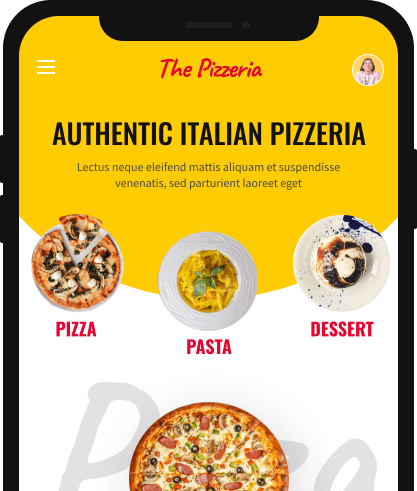Alright, for anyone who loves playing blackjack and is looking to boost their profits, I've got some solid advice grounded in real-world facts. First off, always understand the basic strategy of blackjack – it's statistically proven to cut the house edge to as low as 0.5%. For example, when you know if you should hit, stand, double down, or split based on your hand and the dealer's upcard, you make decisions that skew the probabilities in your favor. This isn't just a guessing game; there’s math to it. You can literally find charts online that give you the metrics for the best move based on thousands of simulations.
Card counting is another tactic you might consider, but be cautious. Casinos don't appreciate it and might give you the boot if they catch on. But if done correctly, card counting can turn the tables. What's more, you need to have a good grasp of the Hi-Lo counting system, where you assign a value to every card that's dealt. Cards 2-6 have a value of +1, 7-9 are worth 0, and 10-Ace are -1. By keeping a running count, you can determine the likelihood of high or low cards coming up, thus making better betting decisions. In environments like ojwin, this could significantly enhance your game, provided you remain under the radar.
Another key point is the bankroll management. Let’s say you’re planning to play over a 5-hour session. You need to set aside a budget you are willing to lose. A good rule of thumb is a minimum of 100 units of your standard bet. So if you’re betting $10 a hand, bring at least $1,000. This cushion helps you ride out the variance – a concept every serious player understands. Remember the story of professional players like Don Johnson, who famously won $15 million in Atlantic City by negotiating favorable game conditions and managing his bankroll meticulously.
If you're a frequent player, tracking your results can offer invaluable insights. For instance, after 100 hours of play, you'll have enough data to see if you’re winning or losing overall. It's like any other business – you have data analytics. Industry pros often use software to keep track, analyze patterns, and even identify leaks in their own strategies. Casinos use these kinds of analyses to tweak their games and maximize profits; players should do the same for themselves.
One more tip for you: take advantage of casino comps. When you're playing for extended periods, casinos often offer rewards like free meals, hotel rooms, or even cashback. These comps can have a significant value, offsetting some of your losses. If you’re playing in Las Vegas, for example, casinos tend to offer comps based on hours played and average bet size. It’s not uncommon for a $25-a-hand player to receive several hundred dollars in perks over a weekend.
Now, let’s talk about the importance of playing on the right tables. Many people overlook the fact that different tables have different rules, and these subtle variations can impact your profitability. Seek out tables that offer a 3:2 payout for blackjack rather than 6:5, and always look for tables where the dealer stands on soft 17, which is statistically better for the player. There’s a noticeable difference in your return over hundreds of hands.
Lastly, avoid the insurance bet. When the dealer shows an Ace, you might get tempted to take the insurance, but statistics show it’s a losing proposition in the long run. Even though it feels like you’re protecting your hand, the house edge on insurance bets can be as high as 7%. That’s just throwing money down the drain when you could be putting it towards a solid hand.
To sum it up, blackjack is a game where knowledge and strategy can dramatically influence your winning potential. It's not just about luck – it's a blend of math, intuition, and knowing the right moves. The more you play with a strategy, the more you’ll realize just how much control you can have over the outcome. So, follow these tips, stay disciplined, and watch as your blackjack game transforms.
